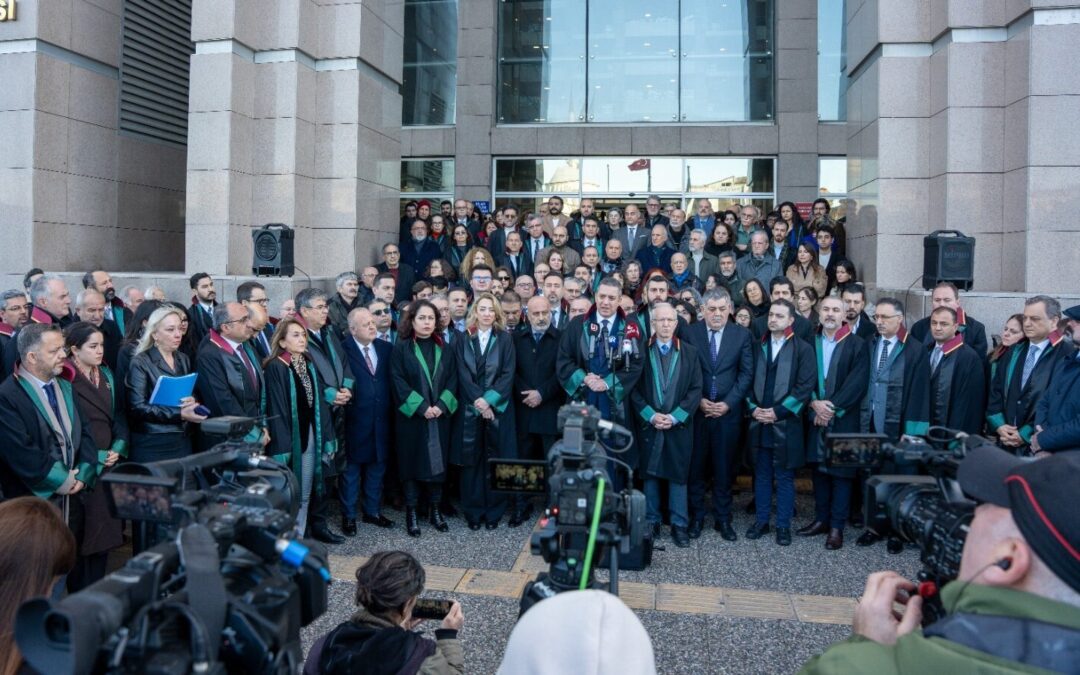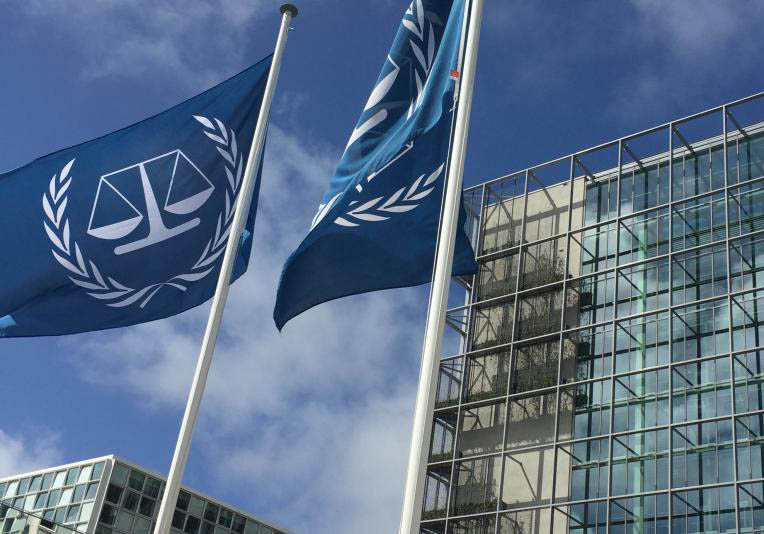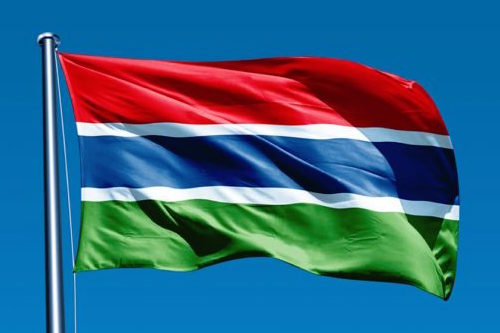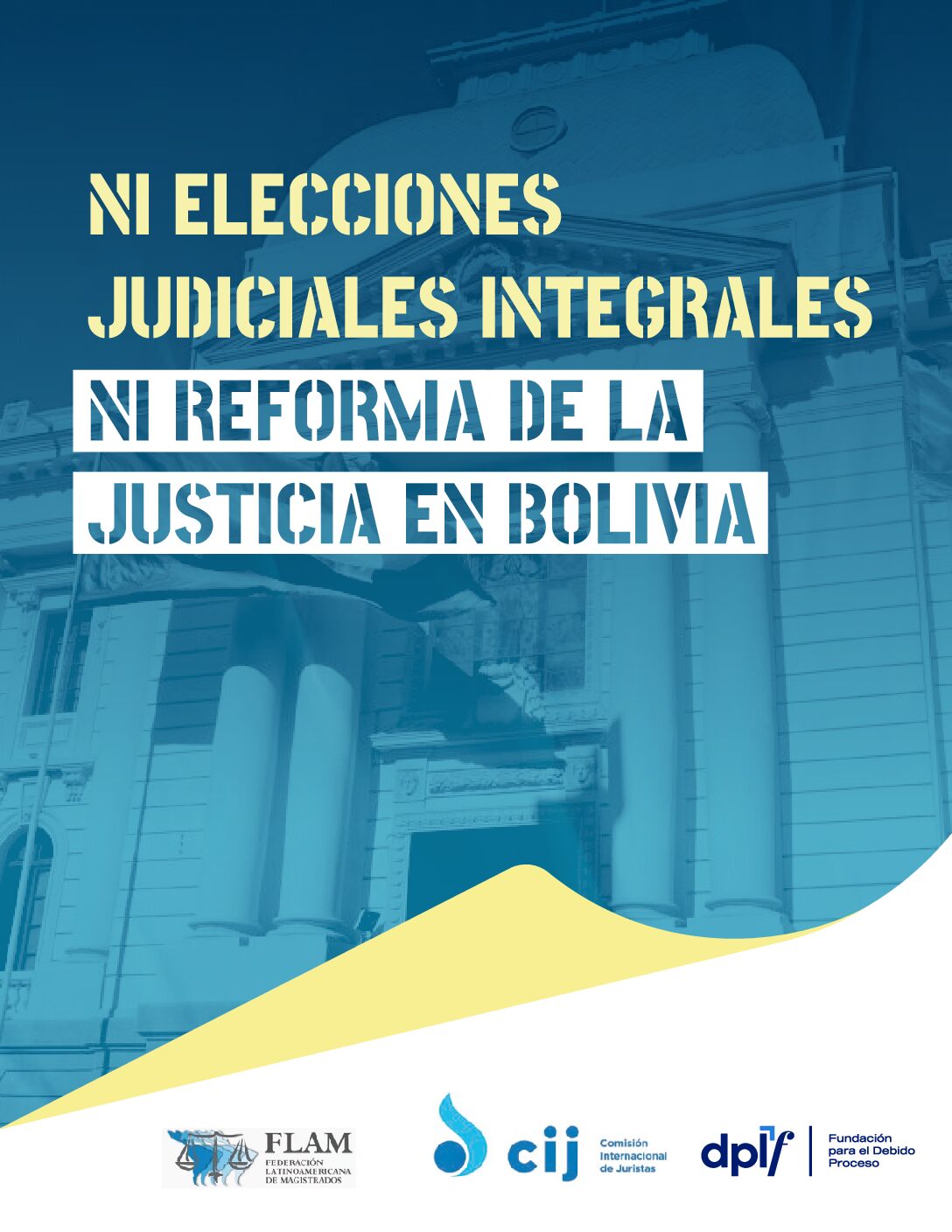
Jan 29, 2025 | Advocacy, News
The International Commission of Jurists (ICJ) expresses concern over the criminal proceedings initiated against the Istanbul Bar Association, including its President, İbrahim Kaboğlu, and members of its executive board. The ICJ further condemns the detention of Fırat Epözdemir, a member of the executive board, who was arrested upon his return from an advocacy visit to Council of Europe institutions. These actions constitute a direct attack on the independence of the legal profession and the rule of law in Türkiye.

Jan 14, 2025 | Advocacy, Statements
The Coalition for the International Criminal Court and more than 120 of its member non-governmental organisations and coalitions from around the globe strongly oppose efforts by the United States of America (US) to impose sanctions related to the International...

Dec 16, 2024 | Advocacy, Web Stories
ECOWAS adopts statute of “hybrid” court to prosecute crimes under ex-president Yahya Jammeh The agreement on 15 December 2024 to establish a special court to try the worst crimes committed under the rule of the former president of Gambia, Yahya Jammeh, if...

Dec 12, 2024 | Advocacy, Informes, News, Noticias, Reports, Web Stories
Judicial election processes and reform efforts deeply flawed The ICJ, jointly with the Due Process Law Foundation and the Latin American Federation of Magistrates, today launched the report titled “Neither comprehensive judicial elections nor judicial...









